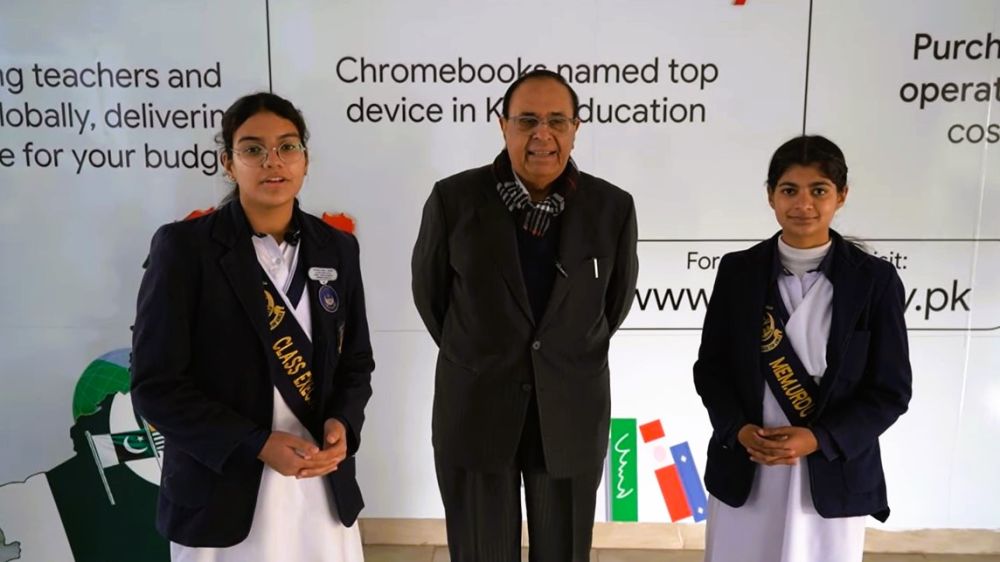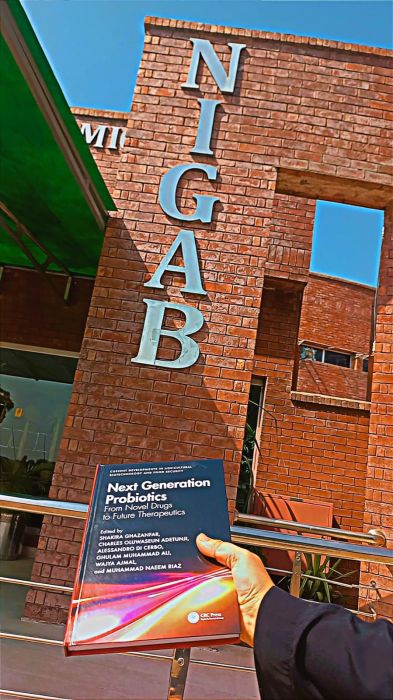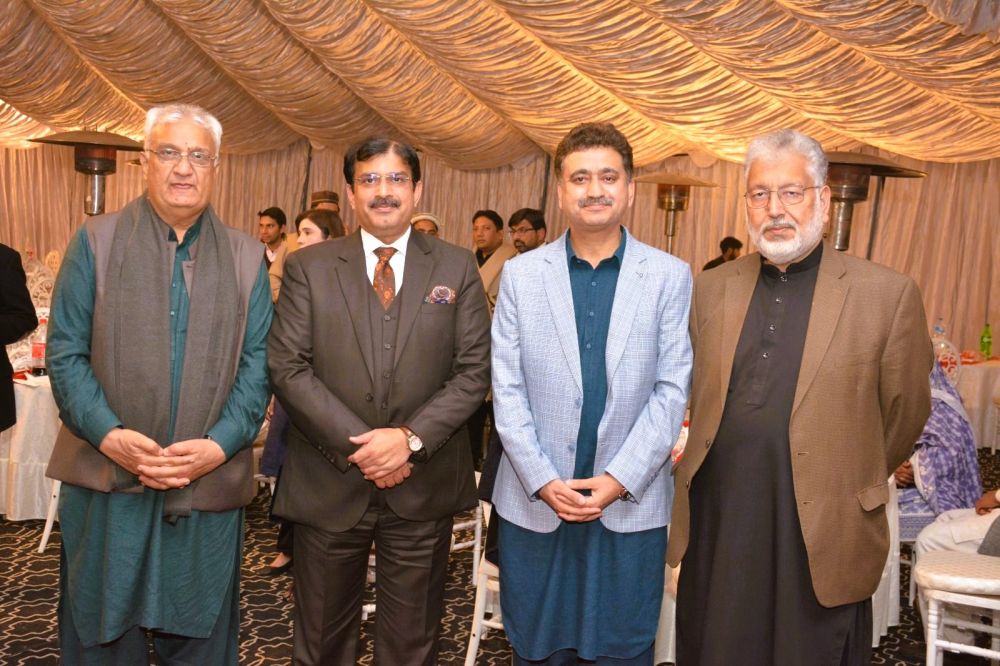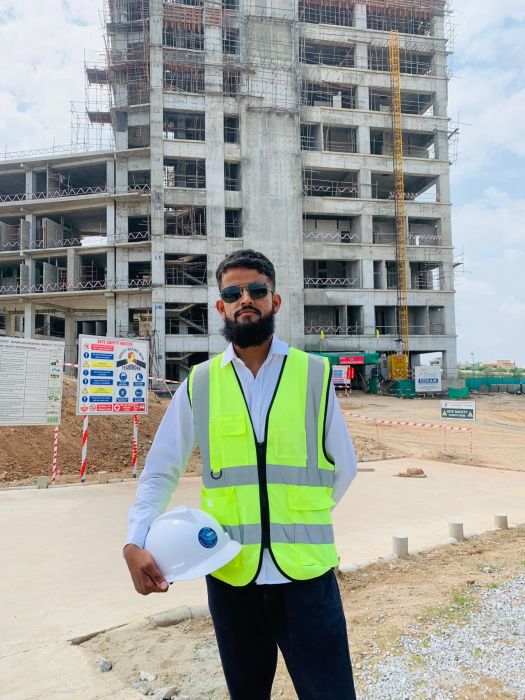197/25 Sharpening Agricultural Skills: Pakistani Graduates Train in China to Transform Farming Back Home
Posted 4 months ago
EXECUTIVE SUMMARY
Pakistan and China have launched an ambitious skills-development partnership, sending hundreds of young Pakistani graduates, particularly in agriculture, to Chinese universities for advanced training in modern farming techniques, water-efficient irrigation, seed production, and post-harvest management. This initiative, part of the broader China-Pakistan Economic Corridor (CPEC) framework, is designed to enhance Pakistan’s agricultural skills base, boost food security, and prepare a new generation of professionals capable of transforming the country’s rural economy. With complementary vocational and technical education programs, joint labs, and the rollout of China’s new K-visa for science and technology graduates, the collaboration signals a long-term investment in empowering Pakistani youth with global-standard expertise while deepening strategic ties between the two nations.
On a warm August 2025 morning at the Pakistani capital’s ceremony to send off the second batch of 300 agricultural graduates to China, the Prime Minister of Pakistan delivered an electrifying message: These young scholars, he said, will become the “backbone of our agricultural transformation.” The program deploying 1,000 graduates to Chinese universities for advanced training reflects a broader push to elevate Pakistan’s technological and vocational capacities through Sino-Pakistani collaboration.
Since launching in mid-2024, the initiative has yielded tangible results. In July 2025, the first group of students completed immersive training in Shaanxi Province, mastering techniques in water-saving irrigation, seed production, animal husbandry, yield optimization, and post-harvest loss prevention.
Beyond agriculture, cooperation has expanded across multiple domains. Pakistan’s National Vocational and Technical Training Commission (NAVTTC) secured China-backed programs under CPEC’s second phase. Eleven specialized training initiatives now span Chinese language instruction, e-commerce, software development, drone technology, intelligent manufacturing, agriculture, and healthcare-related fields such as nursing, medical laboratory sciences, and innovative mining technologies. These programs include dual diploma and degree tracks, teacher exchanges, and certificated training aligned with global standards.
In Sahiwal, the Huaneng Pakistan Vocational and Technical College, funded by the Chinese coal-fired power plant operator there, is a testament to practical upskilling. Built with a 26-million-yuan investment, the college has trained more than 6,000 youth in Chinese language, electronics, welding, mechanics, fire safety, and computer applications.
The diplomatic bedrock supporting these ventures is ever-firming. In December 2024, the Pakistan Embassy and Chinese authorities convened the first-ever “China–Pakistan Technical & Vocational Education Forum,” drawing over 500 participants from both countries. Themes centered on strengthening TVET cooperation to produce workforce talent essential for CPEC 2.0 and industrialization in Pakistan.
The broader canvas involves an evolving attention to research, innovation, and academic exchange. A five-year roadmap announced in September 2025 pledges 3,000 training and study opportunities for Pakistanis through 2029. The plan envisions joint labs focused on climate, clean energy, AI, digital security, and beyond along with expanded vocational-objectives training and mutual recognition of engineering credentials.
A game-changing catalyst arrives this fall. Beginning October 1, 2025, China will roll out the new “K-visa” for science and technology graduates. The visa removes traditional barriers, no need for employer invitations, no stringent age or qualification thresholds, and grants long-term, multi-entry access. For Pakistani graduates seeking careers in research, innovation, or entrepreneurial ventures, this visa could be a game-changer.
Why It Matters?
Pakistan stands at the crossroads of economic modernization and demographic promise. With youth under 30 constituting the nation’s largest age cohort, equipping them with global-standard skills is no longer optional; it’s imperative.
Agricultural uplift: Training in precision farming might slow post-harvest losses, raise yields, and bolster food security.
Technical empowerment: Workshops like Luban and Huaneng are not just about skills, they’re engines of upward mobility and local innovation.
Strategic modernization: The curriculum and programs align Pakistan with Industry 4.0 and CPEC’s broader ambition industrial transformation founded on knowledge.
Building soft power: Shared academic experiences in China deepen bilateral ties, nurturing a new generation of “citizen diplomats.”
Long-term innovation: The K-visa and the ICPIT-like frameworks hint at a future where research and entrepreneurship flourish across borders.





